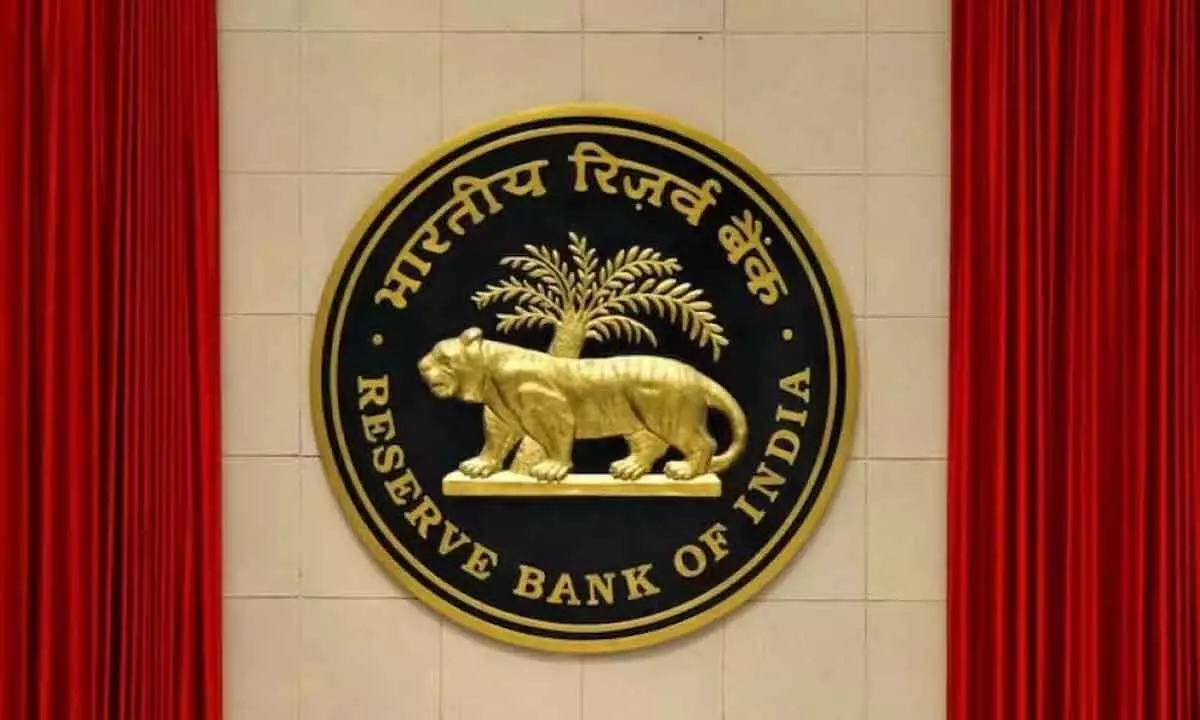RBI's clampdown on unsecured consumer loans poses challenges for Fintechs
In a recent move by the Reserve Bank of India (RBI), norms for personal loans and credit cards are set to be tightened
image for illustrative purpose

In a recent move by the Reserve Bank of India (RBI), norms for personal loans and credit cards are set to be tightened, impacting not only traditional banks and non-banking financial companies (NBFCs) but also fintech startups. The new directive involves raising the capital requirements for banks and NBFCs for personal loans and credit cards, which could potentially lead to a credit squeeze on fintechs that heavily rely on such borrowings.
According to reports, many fintech players have experienced significant growth in the past year due to credit disbursal by top-tier NBFCs and banks. However, the RBI's measures are expected to affect these startups. Madhusudan E, the founder of consumer lending startup Kreditbee, mentioned that while their recent equity raise provides immediate insulation, if the policy persists in the long term, it could impact the loan book growth of fintechs.
The increased capital requirements are likely to slow down loan origination unless small banks and NBFCs manage to raise capital, which might not happen soon, according to industry executives. This could particularly affect fintech giants like Paytm, which has seen growth in unsecured lending backed by banks and NBFCs.
The new policy is anticipated to raise the cost of capital for fintechs, making borrowing from banks more expensive and potentially requiring more equity for the same level of lending. Experts suggest that this could lead to a slowdown in loan-book growth for various fintechs, including large players like Paytm, Navi Finserv, OnEMi Technologies, and Cred.
Additionally, the RBI has expressed concerns about overheating in the unsecured consumer lending portfolio, with delinquencies on personal loans increasing. This has prompted the central bank to tighten regulations in an effort to address potential risks and maintain stability in the financial system.
As a result, fintechs may need to reassess their lending strategies, potentially leading to higher interest rates and a reduction in demand. The move reflects the RBI's efforts to curb overleveraging in the unsecured consumer loan segment and ensure the overall health of the financial ecosystem.

